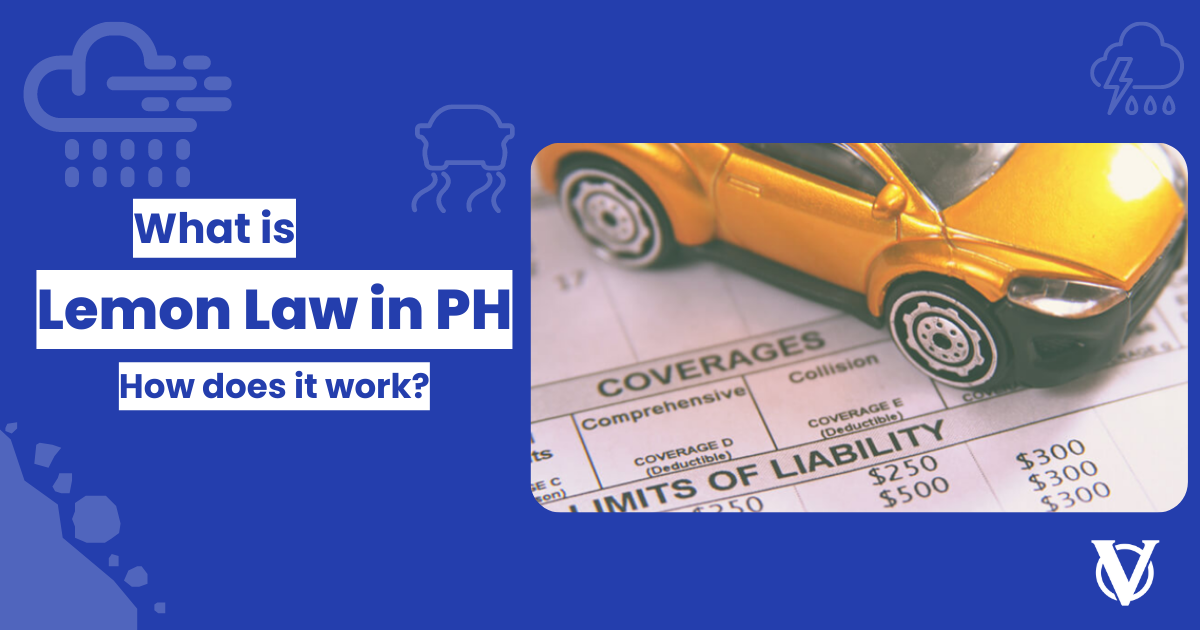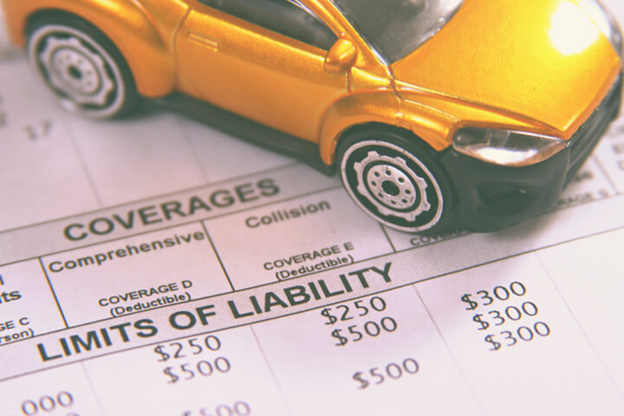What is Lemon Law in the Philippines? | How Do They Work
By Andrea Nicole
Posted on Aug 09, 2023

Buying a car requires being meticulous. With you shelling out a lot of money, there is merit in proceeding with your quality control efforts. However, there will always be instances where defects are not seen and these cars get passed on to their first owners. It’s quite a pain if you experience this but good thing there is a law that will fully protect you otherwise.

Source: Allen Stewart
What is the Lemon Law?
RA 10642, the ‘Act Strengthening Consumer Protection in the Purchase of Brand New Motor Vehicles or more commonly known as the Philippine Lemon Law, safeguards a car consumer from unjust and unfair trade practices. Meaning, should consumers purchase new yet non-conforming cars from dealers, the primary seller will have consequences from this particular bill.
Brand new owners are covered by the Lemond Law within 12 months after the actual delivery date or within the 20,000 km operation, whichever comes first. The customer has the right to disclose any findings of nonconformity that do not satisfy the vehicle’s standards.
The right of the consumer via the Lemon Law will be waived in the following scenarios:
- There is a finding on the neglect or abuse of the vehicle;
- Unauthorized modifications have been made;
- Noncompliance of the owner to the warranty claims; and
- Damages are caused by an accident.
On the side, it is recommended to apply for car insurance upon purchase. This will give you protection beyond the one-year defense the Lemon Law gives you. Vigattin Insurance is the best choice out there as they are committed to creating the best solutions and services for their clients. Their insurance partners, such as Mercantile Insurance, Bethel, Standard Insurance Co., Pacific Union, and Fortune General, are accredited by all banks and finance companies.
What is a Lemon Car?
 Source: Flickr
Source: Flickr
A lemon car is a brand-new car that is found to have problems that directly affect utility and safety. Keep in mind that a lemon car is only applicable to the following passenger vehicles: crossovers, sedans, hatchbacks, and SUVs. This does not cover buses, dump trucks, farm equipment, lawnmowers, delivery trucks, and motorcycles yet.
If you own a vehicle outside the coverage of the Lemon Law, the best route is to get the services of Vigattin Insurance. They have a wide range of product lines such as motorcar insurance, marine insurance, personal accident, professional liability, and comprehensive general liability, that will definitely support you in times of need.
How can the issue be resolved?

Source: Pix4Free
Once the issue has been raised, the aim of the manufacturer, distributor, retailer, or dealership is to fix this in four attempts at most. If within the given threshold, it can be considered a warranty claim. If the repair is unsuccessful beyond these four attempts, then this gives the consumer the right to the Lemon Law.
The issue can be triggered once the owner notifies the Seller through a written document that he or she is invoking his rights under the Lemon Law. This gives the Seller one last chance to fix the issue. If it’s still a failure to do, then this is the time that the complaint may be directed to the Department of Trade and Industry (DTI).
There are three ways for DTI to settle the dispute:
- Mediation: Within ten days of filing the complaint, DTI will schedule mediation proceedings. They will file a certificate of such failure should no settlements happen at this meeting.
- Arbitration: After no agreement on the mediation, the two parties will be given the right to choose an arbiter that will settle the dispute for them.
- Adjudication: If the parties prefer not to proceed with adjudication proceedings, DTI shall then take over by assigning this matter to an adjudication officer. He or she will study the facts of the case based on his or her independent findings. These proceedings usually happen within 20 working days.
What are the Penalties and Compensations?
 Source: Wallpaper Flare
Source: Wallpaper Flare
If the ruling is in favor of the consumer, there is an option to return the non-conforming vehicle to the Seller. In return, the Seller must pay back the full purchase price along with the determined collateral damage that goes with it.
Another option, however, is for the Seller to replace the motor vehicle. It can be the same model or a comparable car that has the same values and specifications. If there is no available vehicle to match this, the consumer has the option to buy a higher-valued car, but with the caveat that he or she must pay the cost difference.
If the consumer chooses the second option, he or she is also valid to receive a reasonable allowance, which is equivalent to a 20% per annum deduction from the purchase price. There is also a daily transport allowance that may be given to the customer during the vehicle’s repair time prior to the Lemon Law. This covers the transportation amount from the house to work and vice versa.
On the other hand, if DTI rules in favor of the seller, the consumer in return has to compensate for the hassle of doing business.
Know Your Consumer Rights
Buying a car is an expensive investment. That’s why, you should always receive the best services as much as possible. Should there be unjust processes that give you faulty products along the way, make sure to know your consumer rights. The Lemon Law will definitely give you the treatment that you deserve.


